During the 70 years that the Soviet Union existed, Ukraine was an integral part of the nation.
Yet this geographic and political reality posed no threat to the United States. A Russia and a Ukraine, both inside the USSR, was an accepted reality that was seen as no threat for the seven decades that they were united.
Yet, today, because of a month-old war between Russia and Ukraine, over who shall control Crimea, the Donbas and the Black and Azov Sea coasts of Ukraine, America seems closer to a nuclear war than at any time since the Cuban missile crisis of 1962.
Why? Time to step back and reflect on what is at stake.
Exactly what threat does Russia’s invasion of Ukraine present to us that is so grave we would consider military action that could lead to World War III and Russia’s use of battlefield nuclear weapons against us?
Russian President Vladimir Putin has repeatedly hinted at the use of such weapons, should NATO intervene in the Ukraine war and Russia face defeat, or in the event of an “existential” threat to the Russian nation.
We hear from our moral elites that morality commands us to intervene to save the Ukrainian people from the ravages of a war that has already taken thousands of Ukrainian lives.
But what would be the justification for U.S. military intervention in Ukraine, absent a congressional authorization or declaration of war?
Consider. The year the Liberal Hour arrived in America with the New Deal, 1933, a newly inaugurated Franklin D. Roosevelt formally recognized Joseph Stalin’s murderous regime as the legitimate government of a Russia-led USSR.
FDR met personally with Soviet Foreign Minister Maxim Litvinov even as the Holodomor, the forced starvation of Ukrainian peasants and small farmers, the kulaks and their families, was far advanced.
Walter Duranty, the New York Times reporter in Moscow, won a Pulitzer for covering up that crime of the century with its estimated 4 million dead.
The question remains: When did the relationship between Russia and Ukraine become a matter of such vital interest to the U.S. that we would risk war, possible nuclear war, with Russia over it?
How did we get here?
We got here by exploiting our Cold War victory as an opportunity to move NATO, our Cold War alliance, into a dozen countries in Central and Eastern Europe, up to the borders of Russia. Then, we started to bring Ukraine into NATO, the constituent republic of the old Soviet Union with the longest and deepest history with Mother Russia.
Thus, while Putin started this war, the U.S. set the table for it.
We pushed our military alliance, NATO, set up in 1949 to contain and, if necessary, fight Russia, 1,000 miles to the east, right into Russia’s face.
In the 1930s, when Britain’s Lady Astor was asked if she knew where Hitler was born, she answered: “Versailles.”
At the Paris Peace Conference of 1919, which produced the Versailles Treaty, millions of Germanic peoples and the lands they had inhabited were severed from German rule and distributed to half a dozen nations across Europe.
When we get back on our feet, we will take back all that we have lost, said Gen. Hans von Seeckt of the German General Staff.
We hear warnings that if Russia uses chemical weapons in Ukraine, NATO will react militarily. But if no NATO ally is attacked, why would NATO respond to a Russian attack on Ukraine?
Though outlawed today, chemical weapons were used by all the major participants in World War I, including the Americans.
As for atomic weapons, only Americans have used them.
And while we did not introduce the bombing of cities — the British and Germans did that — we did perfect the carpet-bombing of cities like Cologne, Hamburg, Berlin, Dresden and Tokyo.
The Ukrainian war, now a month old, has demonstrated the utility of nuclear weapons. Putin’s credible threat to use them has caused the U.S. and NATO to flatly refuse Kyiv’s request to put a no-fly zone over Ukraine.
And as Russia’s threat to use nuclear weapons has deterred NATO from intervening on Ukraine’s side in this war, other nations will not miss the message: Possession of nukes can deter even the greatest nuclear powers.
The longer this war goes on, the greater the suffering and losses on all sides. Thousands of Ukrainian soldiers and civilians are already dead, with 10 million uprooted from their homes, a third of that number having fled into neighboring states of Eastern Europe.
The longer the war goes on, the greater the likelihood Putin resorts to indiscriminate bombing and shelling to kill off the resistance, and the greater the possibility that the war expands into NATO Europe.
Meanwhile, in the secure American homeland, 5,000 miles from Kyiv, there is no shortage of foreign policy scholars beating the drums for a “victory” over Putin’s Russia and willing to fight to achieve that victory — right down to the last Ukrainian.
Patrick J. Buchanan is the author of “Nixon’s White House Wars: The Battles That Made and Broke a President and Divided America Forever.” To find out more about Patrick Buchanan and read features by other Creators writers and cartoonists, visit the Creators website at www.creators.com.
COPYRIGHT 2022 CREATORS.COM


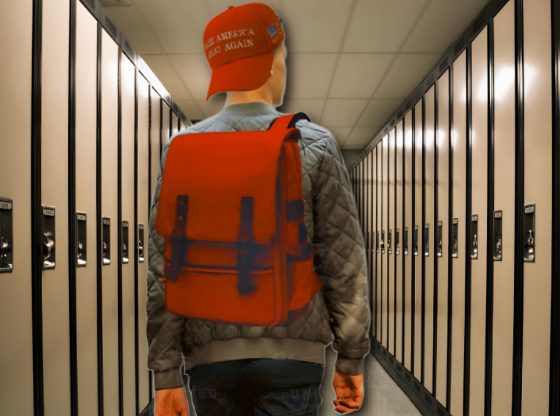
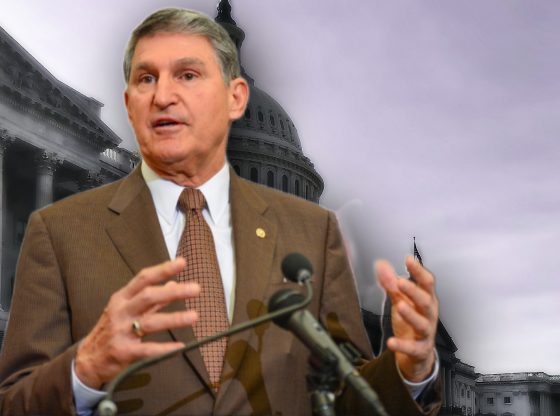
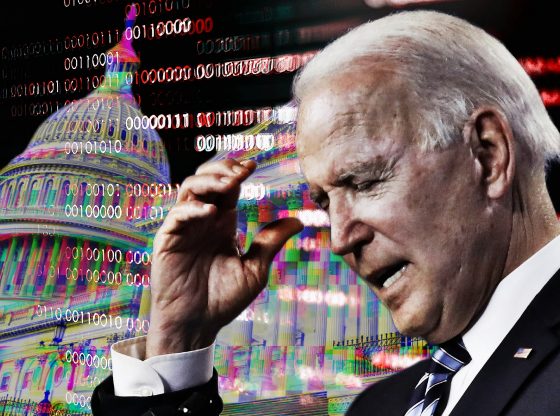
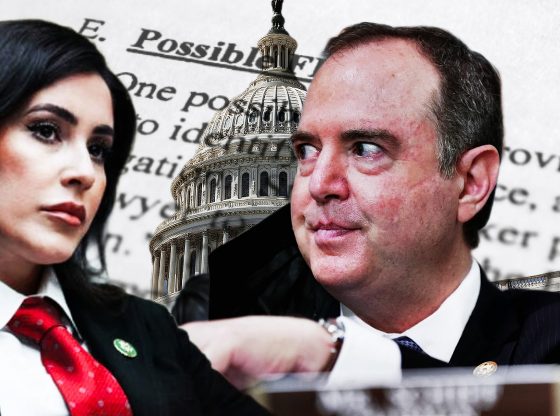
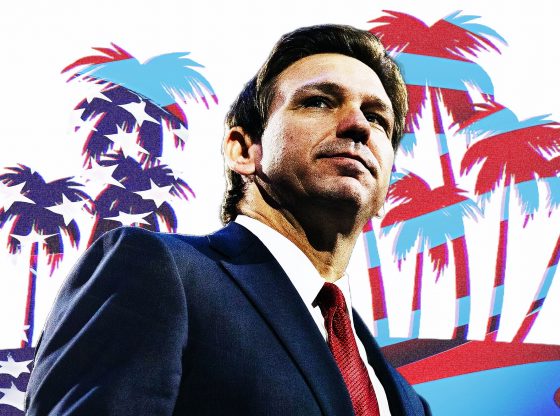
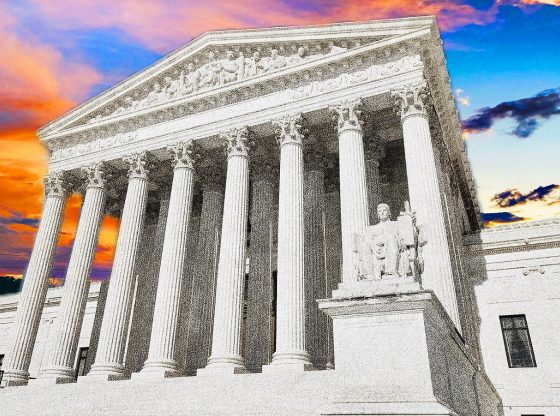

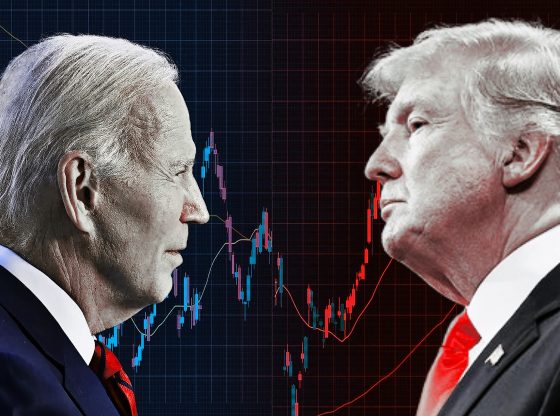
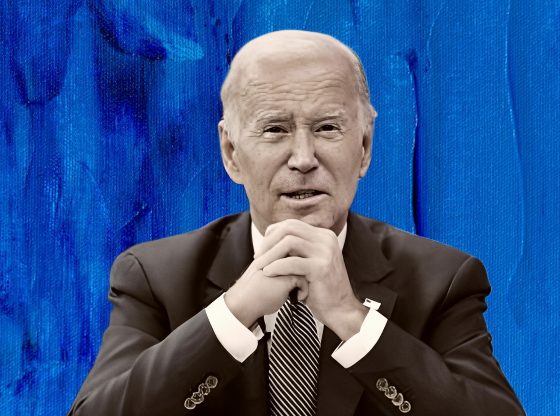




If we called putins bluff I wonder what China would do? Stop him from using nukes or pust the buttons themselves.
One world order will be the catastrophe of globalization
When you learn the history of the country of Ukraine this article makes some sense. Could there have been a better way to handle this mess? Know the history of the Ukraine people and area Russia may not be 100% wrong. What Putin wanted and how he is trying to get it is wrong. The real question is the Ukrainian people only had true independents since 1992 and at the fall of the USSR. Knowing the cultural history sheds a different light on what is going on. What I’m trying to say is there may have away to satisfy Putin without going to war.
A little deeper: Ukraine was part of Russia because (~1,200 years ago) it was Ukraine ( ultimately Byzantium) which civilized Russia. It’s almost more accurate to say that Russia was part of Ukraine! But yes, they got along – until the Bolshevik Revolution. Ukraine opted out and was independent from 1918-1921. When USSR fell, of course they saw their chance for independence.
If there were a way to stisfy Putin w/o war, why didn’t Putin suggest it? Instead he boasted “Kiev in 3 days”. Now he has to double down to avoid the humiliation of defeat. If he gets away with it, who’s next?
Danzig had been part of Germany too. Yet Churchill said no to Hitler. This is a better analogy.
LISTEN UP….PUTIN is KILLING INNOCENT CIVILIANS. HE Needs to be STOPPED. From SamuraiQueen. 😭😭😭
Mr. Buchanan,
One of my prized possessions is a copy of A Republic, and Not an Empire which you personally autographed. But I am disappointed at one shortcoming in your article which I hope you or someone else can remedy: you do not explain why you think ANY kind of no-fly zone risks a nuclear war.
Did you succumb to the misdirection by Biden’s press secretary Jen Psaki, that a dogfight between American and Russian pilots which results in one or more deaths on both sides is tantamount to starting World War III? Psaki, as usual, cannot be pinned down to having explicitly claimed it; she just used a clever juxtaposition of sentences. But do you actually subscribe to this attitude yourself?
This attitude is at best naive, at worst irresponsible propaganda. During the Korean war, Chinese and American planes clashed many a time over Korea, yet the US refrained from making any sorties over China itself. Nor was Zelensky suggesting sorties over Russia.
If that’s not enough to convince you, recall the Cuban Missile Crisis of 1962: Kennedy announced a blockade against Soviet ships bringing missiles to Cuba. Khrushchev, who was in a far stronger position against NATO than Putin is today, backed down.
I expect Putin would be similarly hesitant against challenging a no-fly zone, especially if it does not include all of Ukraine, or even Kyiv, but is confined to the western one-fourth (roughly) of Ukraine around Lviv, where pro-Russian sentiment is weakest and, as far as I know, there are still no Russian army boots on the ground.
Looking at Pat Buchanan’s opinion piece, reminded me of something that was said back in the forties – – – – FIRST, THEY CAME FOR THE JEWS, and I DID NOTHING…..”
After the breakup of the USSR, Ukraine was left in possession of many nuclear missiles. Fearing that rogue elements might get hold of them (Ukraine seems to have had a very corrupt government at the start), the U.S. persuaded Ukraine to hand over the missiles to Russia. While not actually guaranteeing the Ukraine from invasion, the U.S. came very close to that. So, as a matter of honor, the U.S. is bound to help Ukraine.
Also, we-and others-may well have an interest in persuading countries not to go to war to get back regions they previously owned. Mexico for example?
NATO is a defensive alliance. Neither Putin nor anyone else in Russia thinks that if the Ukraine, of Finland, or Sweden, become NATO members, they will attack Russia. Russia [and I don’t limit this to Putin] simply fears that any future attacks it makes will face resistance by NATO.
[Is Victory for Ukraine Worth Risking Nuclear War?]
Whether you want to believe this or not, I highly doubt a victory for Ukraine will make any great deference in the long run, because there will be a nuclear war, or it might just be one good attack on the United States, and nothing more…
I believe the worldly protector of Israel, the United States will be destroyed, and the remaining nations will quickly embrace the NWO agenda with the one world government, and the one world religion.
Yes. Unless NATO responds to the threat of nuclear war firmly then the whole world is hostage to all the despots who have nuclear arsenal.
I remember clearly the Cuban missile crjsis..it was days of fear..but the stand had to be taken. Same now.
Didn’t the same division and re-assigning lands and people happened in the middle East as well after World War 1.
Maybe the question should be “if victory of good over evil risking nuclear war”.